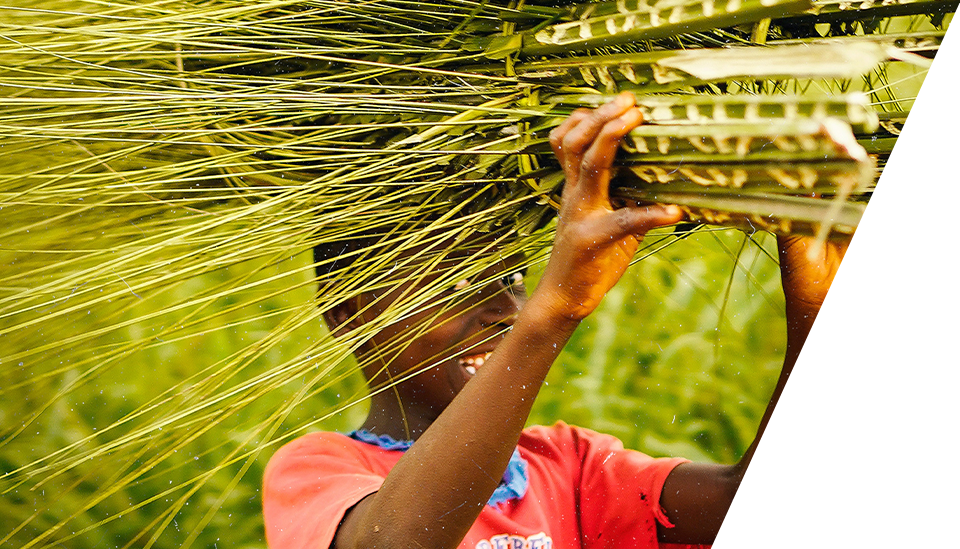How Responsible Business Boosts the Agriculture Sector
“As the world continues to face the hardships caused by the COVID-19 pandemic, the crisis is hitting the poorest harder and continues to exacerbate pre-existing inequalities. So far, about 55% of people who have received at least one dose of a coronavirus vaccine are from high income countries, whereas in some regions progress is below 1% and there is concern over the pace of the rollout. Meanwhile, the virus seems to be spreading more to rural areas. All this poses serious threats, as poor countries might face constraints in funding measures in support of the most vulnerable. In view of these challenges, it is critical to step up efforts towards an adequate standard of living, including health, food, and water, for the well-being of all people, and in so doing, to accelerate progress towards the achievement of the 2030 Agenda.
FAO´s work on the right to food can offer solutions to the global pandemic recovery response in its promotion of a people-centred and inclusive approach, tailoring specific policy actions around the needs of the most vulnerable, including women, and prioritizing topics such as technological advancements in food and agriculture, to benefit more people in the food system and make it more sustainable.
The UN Food Systems Summit is being organized at a time when people´s right to adequate food and other human rights are increasingly at risk all over the world. Game changing and systemic solutions are put forward across the five Action Tracks, inviting global decision makers to apply a more human rights-based approach, digging deep into the root causes of today’s challenges which are contributing to increasing poverty, food insecurity and malnutrition in all its forms, both in urban contexts and in the world’s most rural and remote areas.
Increasing respect, protection, and fulfilment of the right to food is key to meeting the Sustainable Development Goals (SDGs).”
Read the full article from FAO here.

